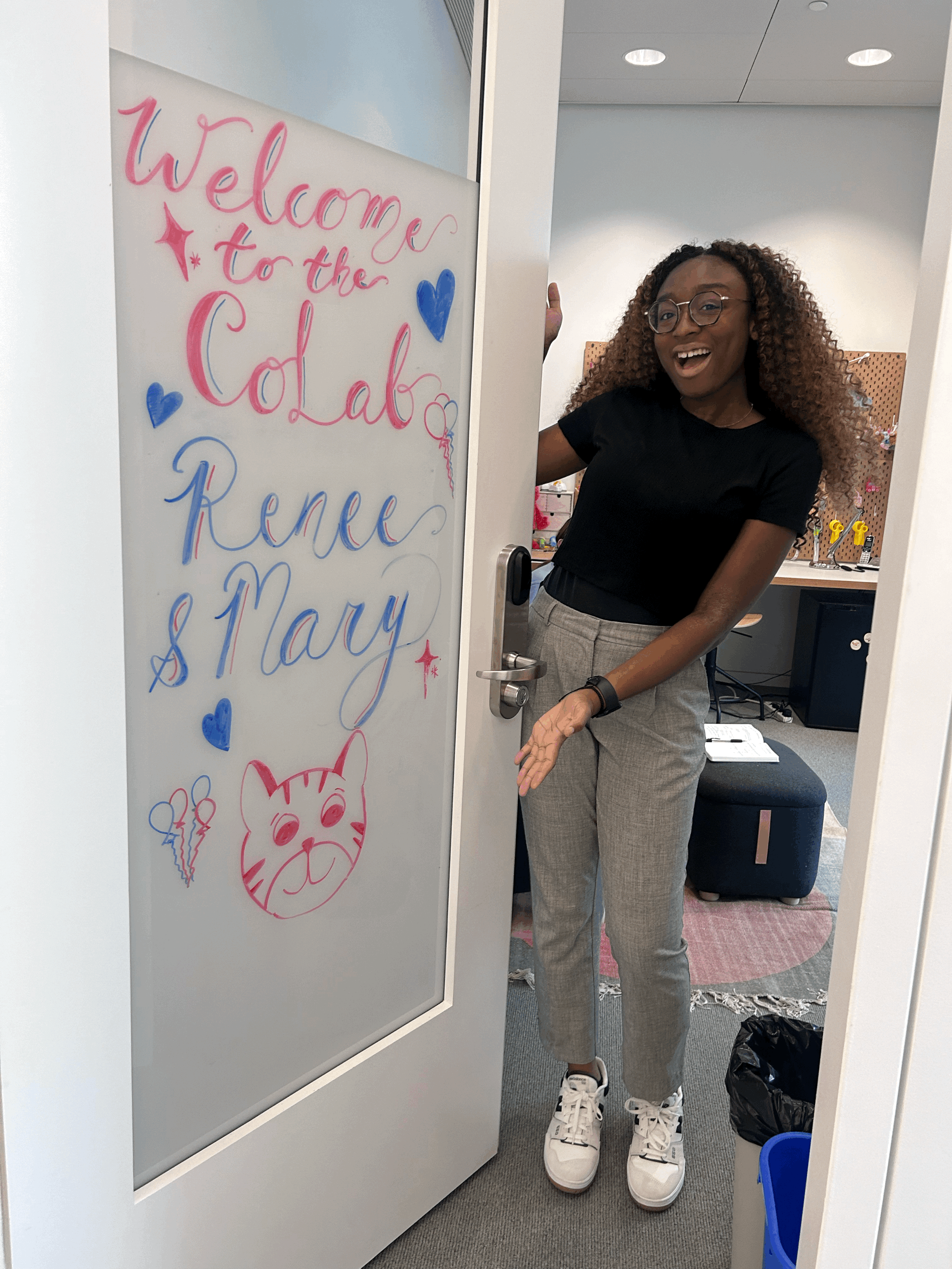No one can play a symphony, build a city, or carry a couch down a flight of stairs entirely on their own. How do humans combine their limited knowledge and resources into something greater than the sum of its parts? Our lab studies the cognitive capacities and community dynamics that make human collaboration possible. Our work combines online and in-person behavioral studies with children and adults, Bayesian cognitive models, fMRI, and analyses of large datasets.
Research Themes
Mechanisms of Social Cognition
The great strength—and challenge—of collaborations is that they combine the efforts of people with different minds. How do we learn about our collaborators and anticipate what they will do? How do collaborations enable humans to surmount individual limitations by distributing tasks, information, and decisions over many minds?
Competence & Division of Labor
Successful collaboration requires that we understand what we can do, what others can do, and how we complement each other. How do we learn about our own and other people’s competence, and how do we use this understanding to divide labor? How do children’s developing abilities unlock new ways for them to participate in collaborations?
Collaboration in Communities
Humans are effective collaborators not just because we can make sense of the social world, but also because we reshape the social world by forming a variety of communities to achieve a variety of goals. How do people build, maintain, and repair collaborative relationships throughout the lifespan?






